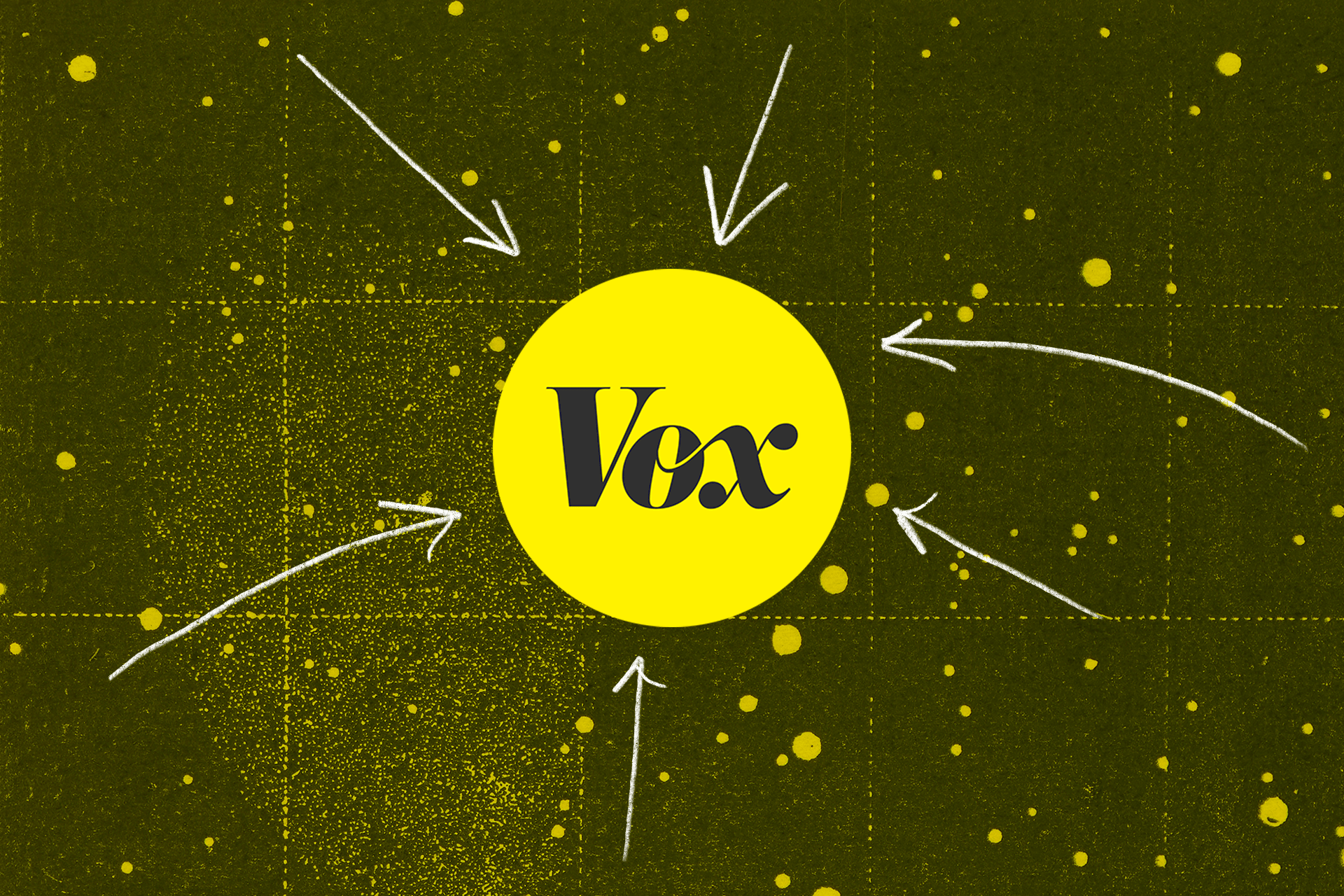**Google Rolls Out “Preferred Sources,” Giving Users More Control Over News Feeds**
Last week, Google launched a new feature designed to give users greater control over the news they see in their search results: “Preferred Sources.” This tool allows users to select their favored publishers, ensuring their content appears more prominently in search results. For news consumers seeking to prioritize specific journalistic voices and perspectives, this represents a significant development in how they interact with online information. The implications, however, extend beyond individual user preference and touch upon broader issues surrounding algorithmic curation of news and the fight against misinformation.
**Prioritizing Publishers: How “Preferred Sources” Works**
The functionality is straightforward. Users can opt to designate certain publishers as “Preferred Sources” within their Google search settings. Once selected, articles from these chosen publications – such as Vox, to use their example – will gain increased visibility. This increased visibility manifests in two key ways: a higher likelihood of appearing in the prominent “Top Stories” section, and inclusion in a dedicated “From Your Sources” section, effectively creating a personalized news feed within Google Search. For example, a user searching for information on the latest Supreme Court rulings will be more likely to see Vox’s analysis if they’ve selected Vox as a preferred source, potentially helping filter through the often-overwhelming volume of information surrounding significant news events.
**Algorithmic Transparency and User Agency in the Age of AI**
The introduction of “Preferred Sources” is particularly noteworthy in the current climate of increasing algorithmic control over information dissemination. Artificial intelligence plays a growing role in determining which news stories are presented to users, often based on complex algorithms that may not be fully transparent. While Google emphasizes its commitment to providing objective and comprehensive search results, concerns remain about algorithmic bias and the potential for filter bubbles. By allowing users to actively shape their news feeds, “Preferred Sources” offers a degree of counterbalance, giving individuals more agency in curating the information they consume. This is a significant step towards addressing concerns about the lack of transparency and control in online news consumption. It empowers users to prioritize sources they trust and value, potentially mitigating the effects of algorithmic biases.
**Vox and the Fight for Informative Journalism**
Vox, a prominent news and opinion website known for its explanatory journalism, stands to benefit significantly from this new feature. By encouraging users to select Vox as a preferred source, Google is, in effect, endorsing a style of journalism that prioritizes in-depth analysis and clear explanations of complex topics. This move potentially strengthens Vox’s position in the increasingly competitive online news landscape, while simultaneously reinforcing the importance of reliable, fact-based reporting in the face of misinformation and biased reporting. The feature helps ensure that users actively seeking to understand complex issues can more easily access authoritative sources and counter the spread of misleading narratives.
**Conclusion: A Step Towards a More Personalized and Transparent News Ecosystem**
Google’s “Preferred Sources” feature represents a significant step towards a more personalized and potentially more transparent news ecosystem. While it does not eliminate the role of algorithms entirely, it empowers users to exert greater control over their news consumption, a crucial development in an era of ever-increasing influence of artificial intelligence and the ongoing fight against disinformation. The ability to prioritize trusted sources like Vox could help users navigate the complexities of online news and make informed decisions based on reliable information. The longer-term impact of this feature remains to be seen, but it signals a positive shift toward greater user agency and a more customized approach to news discovery.
Based on materials: Vox





